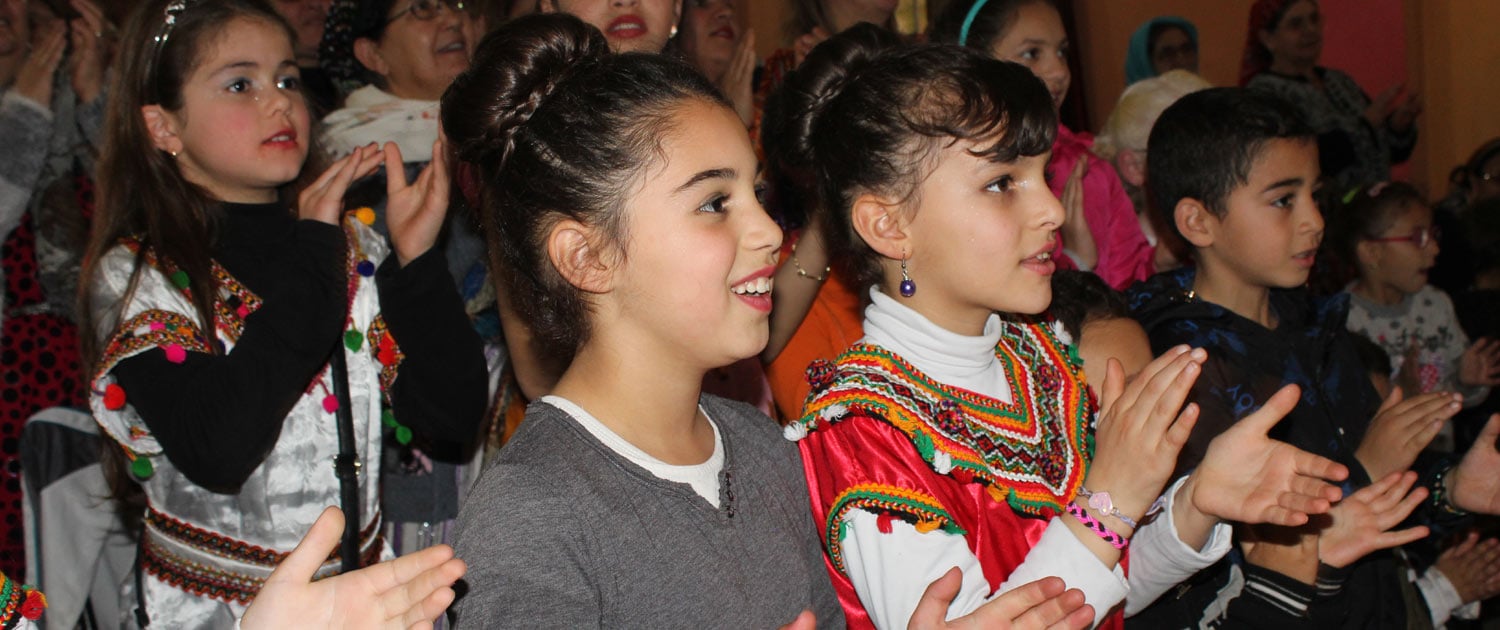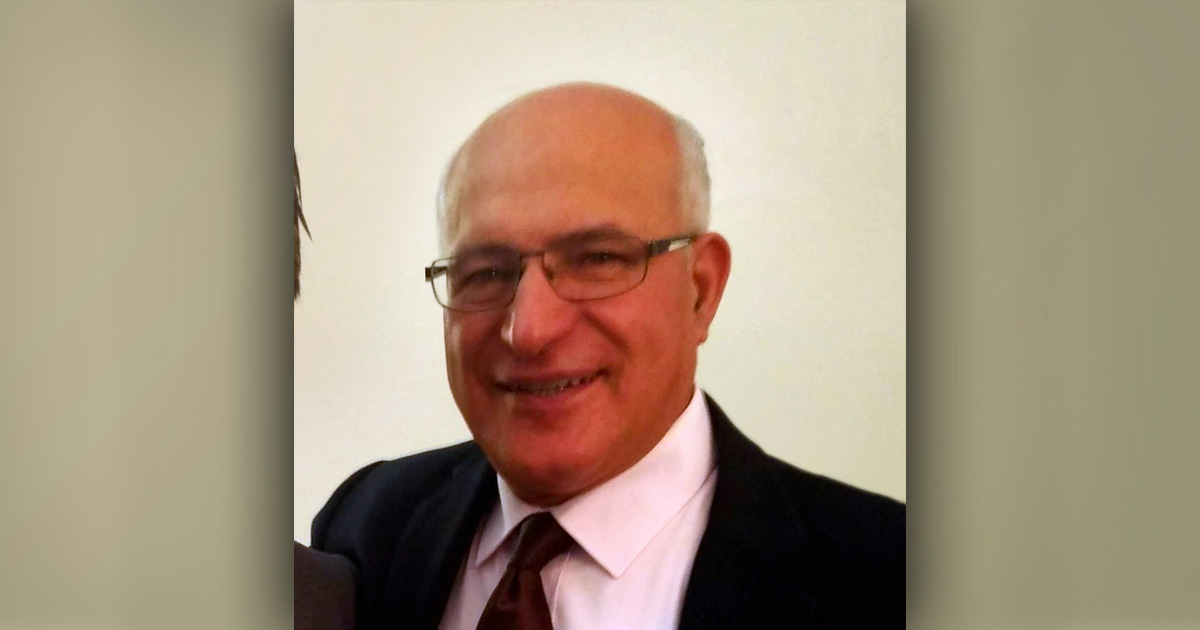
Algeria
Algeria gained independence from France in 1962 after a lengthy war. A one-party socialist regime, The National Liberation Front, has largely controlled the politics of the country since. In the first multi-party election in 1991, Islamists won, but the army intervened to prevent the second round of elections. Civil war ensued, resulting in more than 100,000 deaths before the government regained control.
The Berber people of Algeria are the country's original inhabitants. Today, they live mainly in Algeria's mountainous Kabylie area in the north, while Arabs inhabit the rest of the country. The Christian faith has a long history in North Africa, especially among ethnic Berbers. The early church father, Augustine of Hippo, was believed to have been a Berber from Algeria. However, after invasions by Arab Muslims, much of Algeria's public Christian worship and witness have disappeared. Today, many Berbers in Algeria are rediscovering their Christian heritage and the church is growing rapidly.
Life for Christians:
Algeria is a shining example of church growth in North Africa. It is also a leader in the region for theological training and church development. Nearly all of this growth has occurred within the Berber community. Most churches are allowed to meet freely in buildings; however, in 2018, the government temporarily closed many of them and harassed congregations. Berber Christians, who are being monitored carefully by governing officials, have gained a collective voice by joining under the umbrella of the Algerian Protestant Church Association. Although sharing one's faith with non-believing Arabs can pose great risk of persecution, Berber Christians continue to share the Gospel boldly in and around al-Qaida camps. Secret communities of Arab Christians exist throughout the country.

 Population
Population
